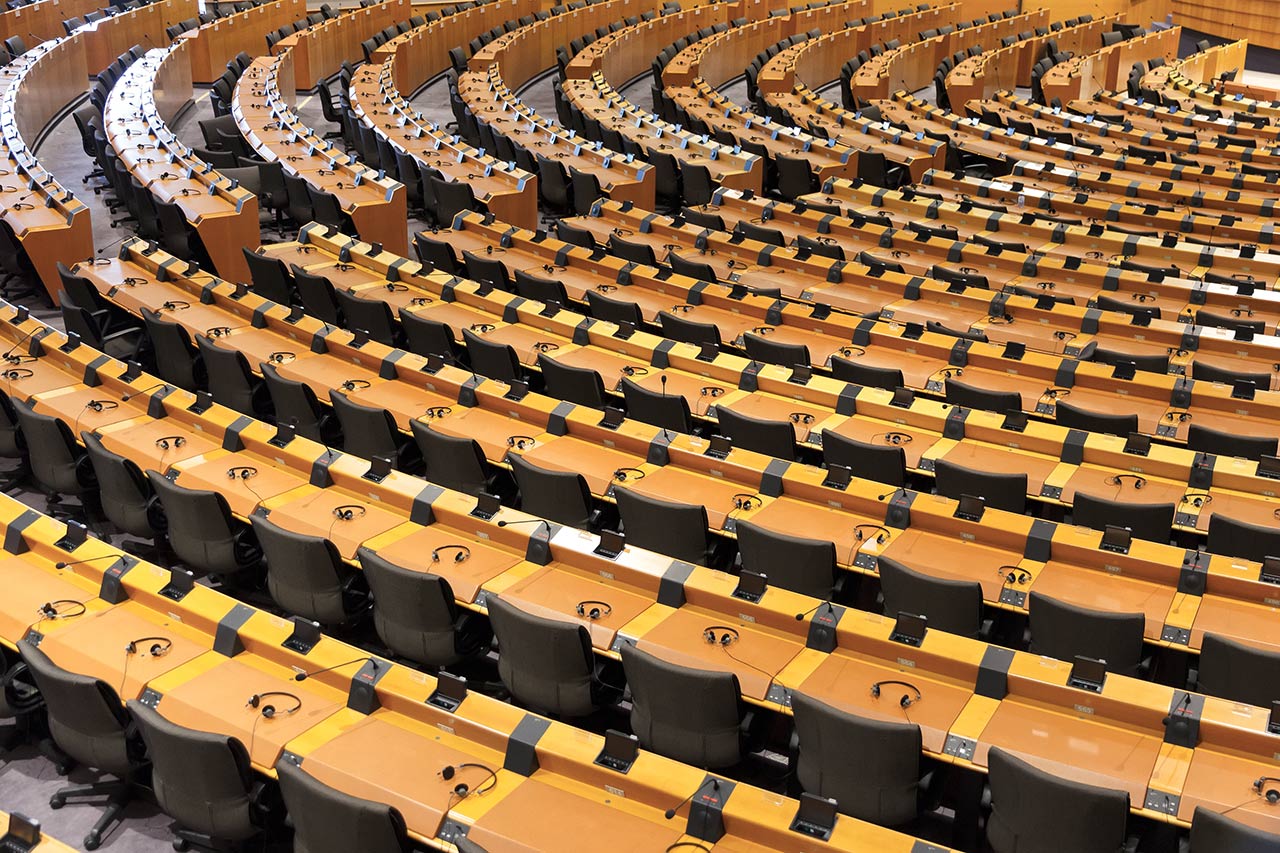The Differences Between Classical Realism and Neo-Realism
A definition of classical and neo-realism in contrast to each other, and summary of the major theories of IR and their associated theorists.
Question
What is the difference between classical realism and neorealism? Also, what are the major theories in international relations and who are these theories common associated with?
Answer
Classical realism and neorealism are often confused. While classical realism is based on ethical assumptions, neorealism is based on positivist assumptions. Classical realism is often considered amoral. It is the opposite – morality and ethics are paramount for classical realism, along with the notion of power (Kurki, Wight, 2013: 15). Neorealist scholars also critisise classical realism for resembling ideology, rather than scientific theory (Lebow, 2013: 60). The key difference between the two theories is though their answer to the main question of the realist tradition: Why states want more power? For classical realism it is ‘because of the hubris-based human nature.’ The answer of neorealism is ‘because of the structure and architecture of the international system’ (Mearsheimer, 2013: 78). For classical realism power is an end in itself, whereas for structural neorealism it is a means to an end (Mearsheimer, 2013: 78).
The major theories in IR are listed below and the theorists they are commonly associated with are given in brackets.
Realism
- Classical realism (Thucydides, Machiavelli, Hobbes, Clausewitz, E H Carr, Hans Morgenthau, Reinhold Niebuhr)
- Structural realism or neorealism (Kenneth Waltz, John Mearsheimer)
- English School (Martin Wight, Hedley Bull, Barry Buzan, Tim Dunne, Nicolas Wheeler, Robert Jackson)
Liberalism
- Idealism (Alfred Zimmer, Norman Angell, Leonard Woolf)
- Classical Liberalism (Immanuel Kant, Woodrow Wilson, John Ikenberry)
- Neoliberal Institutionalism (Robert Keohane and Joseph Nye)
Constructivism (Nicholas Onuf, Alexander Wendt, Friedrich Kratochwil, John Ruggie, Christian Reus-Smit)
Marxism (Karl Marx, Immanuel Wallerstein)
- Critical Theory (Antonio Gramsci, Robert Cox, The Frankfurt School – Max Horkheimer, Jurgen Habermas, Theodor Adorno, Herbert Marcuse)
Other Theories
- Poststructuralism (Jacques Derrida, Michel Foucault)
- Feminism (Cynthia Enloe, Carol Cohn, Sara Rudick)
- Postcolonialism (Edward Said, Franz Fanon, Shampa Biswas, Geeta Chowdhry)
- Normative IR Theory (Michael Walzer, Toni Erskine, Marthe Finnemore, Kathryn Sikkink)
References
Kurki, M., Wight, C. (2013). International Relations and Social Science. In International Relations Theories: Discipline and Diversity, 3rd edition, ed. T. Dunne, M. Kurki and S. Smith. Oxford: Oxford University Press, pp. 14-35
Lebow, R. N. (2013). Classical Realism. In International Relations Theories: Discipline and Diversity, 3rd edition, ed. T. Dunne, M. Kurki and S. Smith. Oxford: Oxford University Press, pp. 59-76
Mearsheimer, J. J. (2013). Structural Realism. International Relations Theories: Discipline and Diversity, 3rd edition, ed. T. Dunne, M. Kurki and S. Smith. Oxford: Oxford University Press, pp. 77-93
